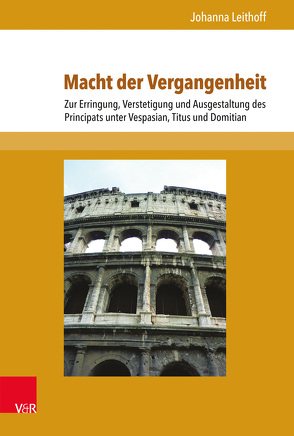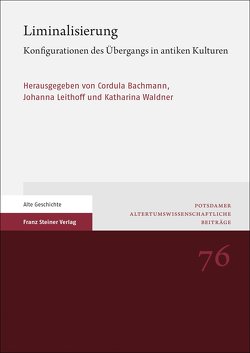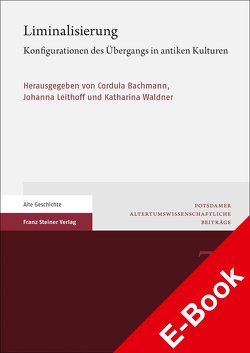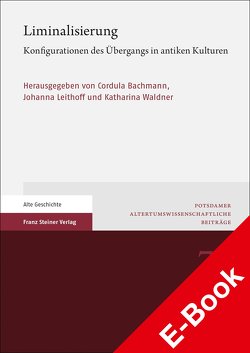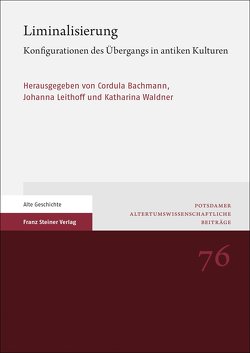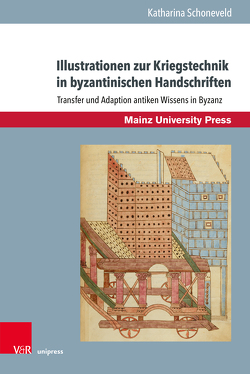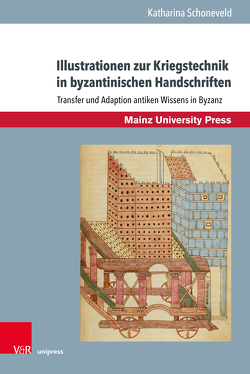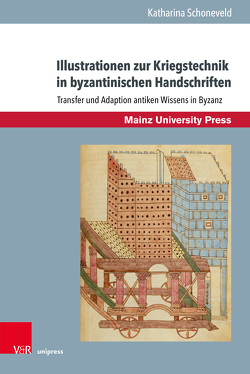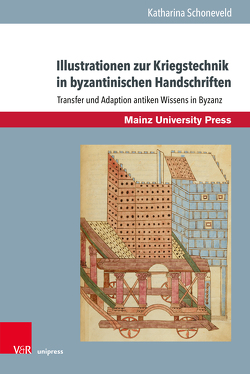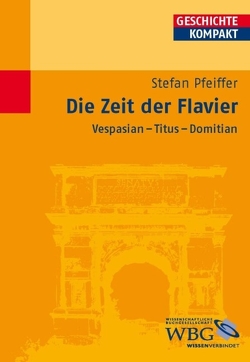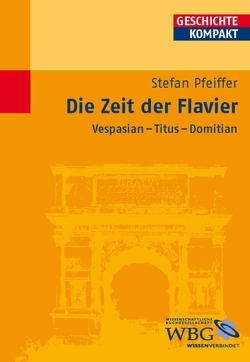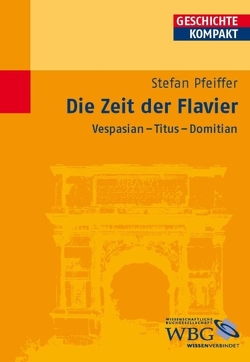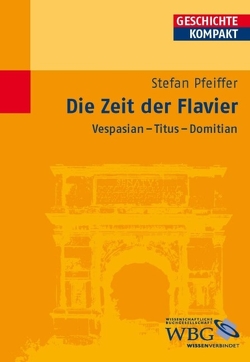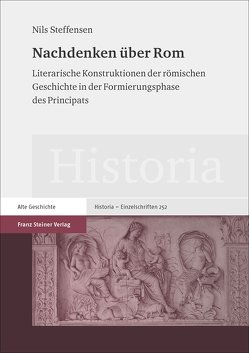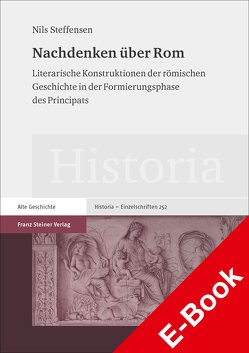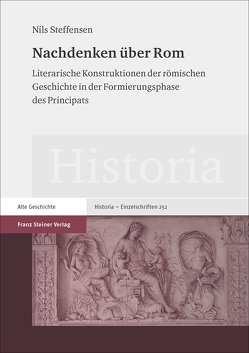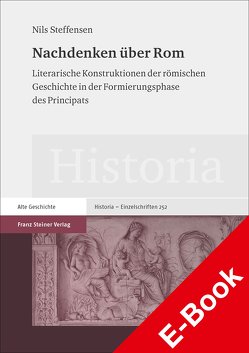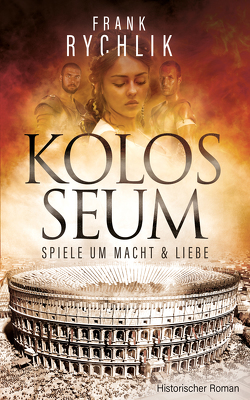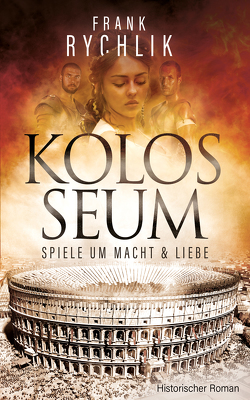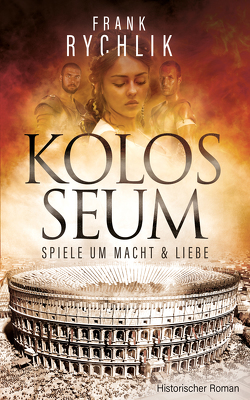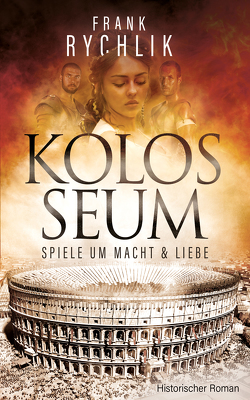Macht der Vergangenheit
Zur Erringung, Verstetigung und Ausgestaltung des Principats unter Vespasian, Titus und Domitian
Johanna Leithoff
After Nero’s death and the following civil wars in 68-69 A.D., it was the victor Vespasian, who re-established stability and continuity. What set him apart from his Julio-Claudian predecessors was his origin from a municipal family and his status as a normal member of the senatorial order until his revolt. In this context the legitimisation and presentation of his new position of power was vital for him. The question therefore is how Vespasian and his sons, who succeeded him and came to power under very different circumstances, used the past for their own purposes. This study concentrates on these references to the past with a view to three main aspects: gaining power, which meant dealing with the pretenders of the civil wars on the one and presenting the victory over the Jewish Rebels on the other hand; consolidating the principate, which focuses on the relation between senators and the princeps and the impact of this process on the creation of the ‘republican’ idea; last, shaping the principate, which concentrates on the role-model-character of the Julio-Claudian principes for Vespasian, Titus, and Domitian.
